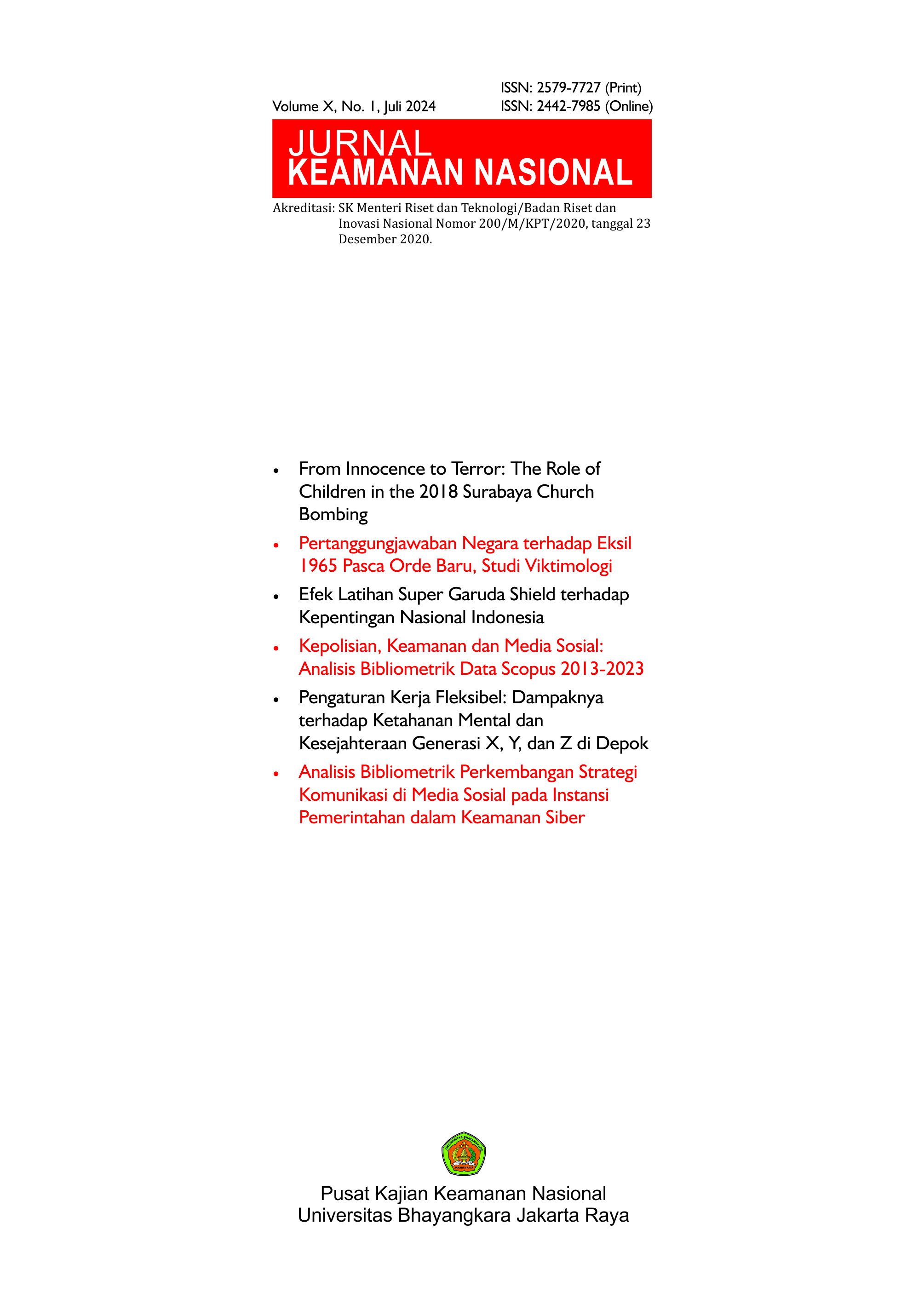Pengaturan Kerja Fleksibel: Dampaknya terhadap Ketahanan Mental dan Kesejahteraan Generasi X, Y, dan Z di Depok
Keywords:
Flexible Working Arrangement; Wellbeing; Mental Resilience; DepokAbstract
This research uses a quantitative approach by taking a sample of 150 respondents, consisting of Gen X, Y and Z, each with a total of 50 people in Depok City. The age range of Gen X is those born in 1965-1976 Gen Y was born in 1977-1994 while Gen Z was born in 1995-2010. This research wants to analyze the extent of the respondents' mental resilience in terms of daily work activities that are flexible (Flexible Working Arrangement) with physical and psychological well-being (Wellbeing). The results of the FWA study show that I feel more comfortable working with flexible working hours arrangements that are important work targets are achieved, and WELLBENG shows that a balanced work time arrangement with daily life will increase the money I save. Thus it can be concluded based on the findings contained in the hypothesis that there is a relationship between Flexible Working Arrangement and Wellbeing positively as evidenced by a score of 11.14.
Downloads

Downloads
Published
Issue
Section
License
Please read and understand the copyright terms for submissions to this journal.
Copyright Notice
The Jurnal Keamanan Nasional is under the Creative Commons Attribution 4.0 International (CC-BY 4.0) License, according to which:
1) Authors retain copyright and grant the journal the right to first publication, with the work simultaneously licensed under the Creative Commons Attribution (CC-BY 4.0) that allows the sharing of articles published with the acknowledgement of authorship and the initial publication in this journal.
2) The authors are authorized to make additional contracts separately for distribution of the version of the work published in this journal (for example, publication in an institutional repository or as a chapter of the book), as long as there is recognition of authorship and initial publication in this journal.
3) Authors are authorized and encouraged to publish and distribute their work online (for example, in institutional repositories or on their personal pages) at any time before or during the editorial process, as it increases the impact and reference of the published work.












